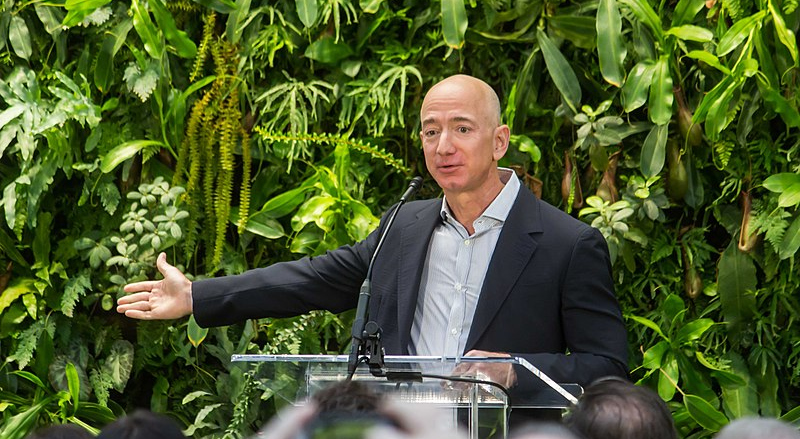
In the latest issue of the New Yorker, writer Charles Duhigg raises many of the concerns frequently expressed by Elizabeth Warren and others that Amazon may have become too powerful.
Much of the reporting comes from Ian Freed, a technical assistant to Amazon CEO Jeff Bezos, who played a key role in the development of several key Amazon initiatives, including “Alexa” its speech-recognition software.
Freed was, for the most part, impressed by his boss’s leadership style: Bezos’s insistence that executives focus on simplifying processes; his emphasis on in-depth product proposals rather than PowerPoints; and his creation of a culture “designed to prevent bureaucracies. “Everything Jeff does is to stop a big-company mentality from taking hold,” Freed told the author.
Amazon executives were given freedom to make mistakes and move on. Although Freed was involved in the Fire Phone, a smart phone that resulted in Amazon writing off $170 million in losses, Bezos told him, “You can’t, for one minute, feel bad about the Fire Phone. Promise me you won’t lose a minute of sleep.”
But Duhigg then transitions to some of the problems at Amazon, including its treatment of employees in warehouses and the intense pressure on executives to perform. He quotes an employee who tore an intervertebral disc in her back while working in an Amazon warehouse. Amazon didn’t offer her time off and her managers didn’t seem to care. She quit Amazon and got an office job. “Amazon doesn’t want humans, they want robots,” she told the author.
Amazon responds that it has increased automation in its warehouses precisely to ease physical tasks. One Amazon executive said, “It’s a hard economy for people without college degrees right now. We can’t run a philanthropy, but we’re trying to be the best of those bad kinds of jobs.”
Discover more from Post Alley
Subscribe to get the latest posts sent to your email.
